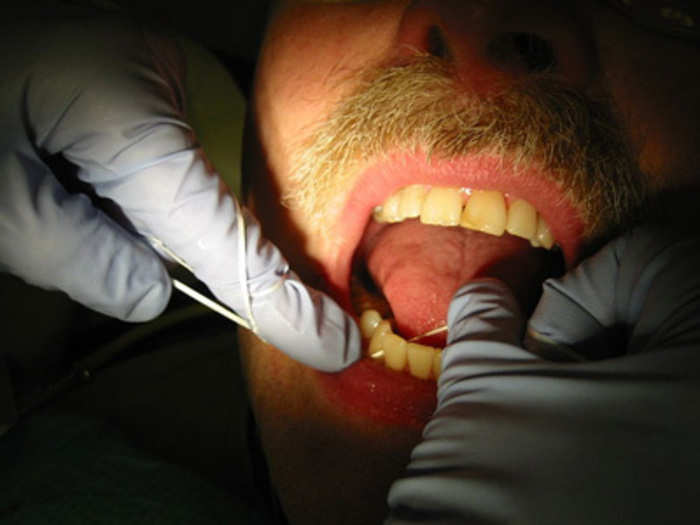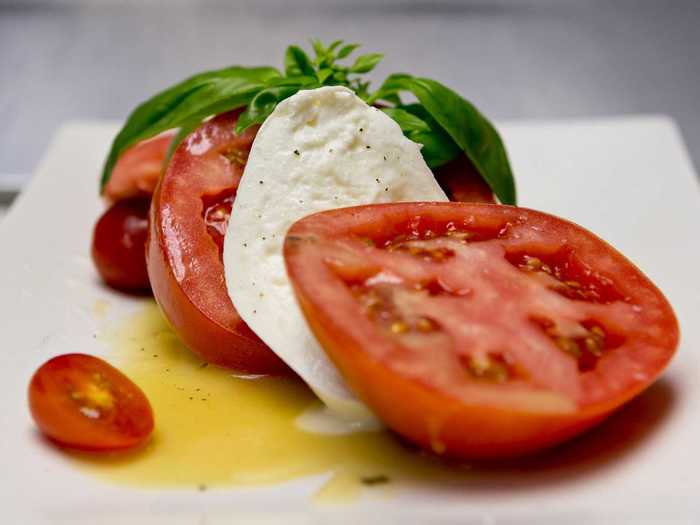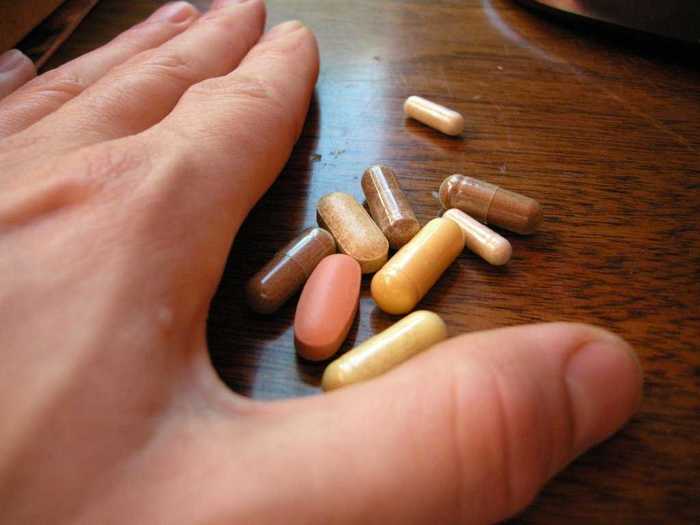17 Things That Will Make You Live Longer
Being rich (but not for the reason you think).

Hanging out with lots of women.

Researchers at Harvard University found that men who are raised in an environment with few women die sooner than those who grow up around many females.
A high female-to-male ratio increases the likelihood that men will find lifelong partners and get married, also shown to improve lifespan.
Getting married.

Getting hitched is especially good for men. In an analysis of 90 studies, including 500 million people, researchers found that married men lived on average 10 years longer than non-married men.
Married women lived four years longer than non-married women. Scientists cite as one reason for an earlier death, that singles don't have the same social support as married couples.
Having healthy grandparents.

The fast-food your grandmother eats could increase your risk of cancer.
In a study of rats, researchers found that the granddaughters of pregnant rats that were fed high-fat food had a 30% greater chance of developing breast cancer, even if the younger generation ate a healthy diet.
Drinking wine.

Red wine, that is. A compound found in the skin of red grapes called resveratrol has been shown to protect the body against aging as well as type 2 diabetes, heart disease, and strokes.
Having more sex.

Sex adds years to your life. Researchers at Queens University in Belfast followed about 1,000 middle-aged men over 10 years and found that males with a high frequency of orgasm lived twice as long as those who did not experience pleasure.
Flossing daily.

In addition to keeping your teeth from rotting out of your mouth, regularly flossing reduces the the risk of heart disease, according to doctors from the Department of Periodontics at Case Western Reserve University.
The dental routine prevents gum disease that can lead to infections and inflammation that allows harmful bacteria to enter the bloodstream and increase the risk of heart disease.
Singing.

A study by George Washington University and the National Endowment for the Arts found that singers in a choir group felt physically healthier, had fewer doctor's visits, and were less depressed than a control group.
A study from the University of London also showed that singing reduces stress by producing endorphins and offers physical benefits by exercising the heart, lungs, abdominal, and back muscles.
Getting angry.

It's not a secret that holding in aggression can lead to unwanted stress. So it's only natural that releasing pent up ire places less pressure on the heart.
According to researchers at Stockholm University, males who vent their anger are 50% less likely to experience a heart attack or die from serious heart disease.
Gaining (a bit of) weight.

It seems counter-intuitive, but being mildly overweight may actually aid the survival of older people as other aspects of their health decline, according to researchers at Kaiser Permanente in Portland, Oregon.
A study of 11,326 adults over 12 years found that those who carried extra weight were 17% less likely to die than people of normal weight.
Doing housework.

Women who spend up to 17 hours a week doing household chores such as mopping, cooking, and doing the laundry can reduce the risk of breast cancer by as much as 30%, according to a study by Cancer Research UK.
After studying more than 200,000 women over six years, researchers found that moderate exercise from housework prevented cancer more than other forms of rigorous physical activity.
Owning a cat.

Researchers at the University of Minnesota's Stroke Institute in Minneapolis found that cats, by nature, alleviate stress and anxiety, potentially reducing the risk of heart attack in humans by 30%.
It's not just the felines' unconditional love that helps cat owners stave off stress-related cardiovascular diseases. A cat's purr actually produces vibrations at frequencies that have been known to help with pain relief, bone and muscle growth, and wound healing.
Eating like a European.

Lots of research has promoted the benefits of the Mediterranean Diet, which is heavy in fruits, vegetables, whole grains, nuts, and lean proteins, and uses olive oil instead butter.
A recent study, published in the New England Journal of Medicine found that people aged 55 to 80 decreased their risk of heart disease and stroke by nearly 30% when they ate this diet.
Living in a city.

Over 85% of Americans over the age of 100, known as centenarians, lived in cities in 2010. Moving to an urban area becomes more important as you get older because there are more doctors, there is more mental stimulation, and there's greater social support, explains Gary Small, a professor on aging and director of the UCLA Longevity Center in Los Angeles, in U.S. News & World Report.
Taking vitamin D supplements.

Vitamin D is essential for the absorption of calcium. It keeps our bones strong by enabling them to harden.
A review of previous studies found that older adults who took vitamin D and calcium supplements together, were 9% less likely to die than those who did not take any supplements.
People can also get their vitamin D naturally through exposure to sunlight and certain foods, like milk, which would likely produce similar effects.
Living on a Greek island.

The Greek island of Icaria in the North Aegean Sea is home to the largest percentage of 90-year-olds in the world, where almost one-third of the population meets the impressive age milestone.
A study attributes the islanders' unusually long life spans to a natural mountainous terrain which requires daily physical activity and healthy diets high in olive oil and herbal teas.
Jogging.

It's time to get moving.
Jogging for two-and-half hours a week, spread out over two to three sessions, can increase the life expectancy of men by 6.2 years and women by 5.6 years, according to research presented at the EuroPRevent2012 meeting.
Jogging has many benefits: It improves oxygen uptake, raises levels of good cholesterol, lowers blood pressure, improves immune function, prevents obesity, and improves our psychological well-being by being around people.
Popular Right Now
Advertisement
